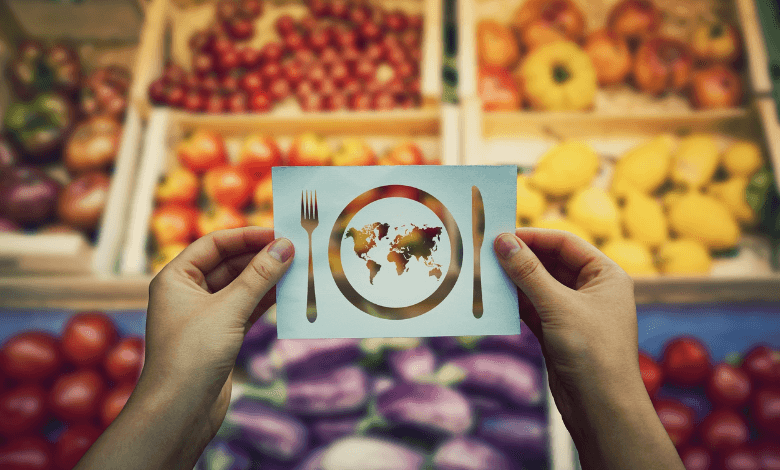Lights, Camera, Sustainability: Food TV’s New Mission

For a considerable amount of time, food television has served as a wellspring of creativity, introducing us to delectable recipes and inventive cooking methods. Television programs such as MasterChef, Top Chef, and The Great British Bake Off have delighted and informed millions of people across the globe. The effects of food television on our consumption patterns and the ecosystem are frequently disregarded. It’s time to deal with the harmful effects that these beloved forms of entertainment have on the environment and the people who enjoy them.
The Silent Enemy: Kitchen Carbon Emissions
The majority of food and kitchen TV programs focus on complex and decadent recipes. Even though recipes are delicious, these ingredients have a high environmental cost. Excessive seafood platters, meat-heavy meals, and exotic foods all contribute to unsustainable fishing methods and carbon emissions. These programs have supported the notion that using more animal products is necessary for gourmet cooking for many years.The truth is that the effects of our dietary decisions are being felt by people all over the world. Deforestation, habitat destruction, and greenhouse gas emissions are all significantly impacted by animal agriculture. These programs can change perceptions by emphasizing sustainable, plant-based solutions.
Revising the Formula: Using Plant-Based Cooking
It’s time for food television to adapt to the shifting tastes in food. Cooking shows ought to adapt to the growing trend of plant-based diets. Rather than focusing only on meat and dairy products. Imagine a vegan or vegetarian cooking competition where the participants are required to prepare delicious dishes. This would not only encourage viewers to investigate the advantages of plant-based eating, but it would also reflect the reality of today’s culinary scene. It would also strongly convey the message that gourmet cooking isn’t just about using ingredients from animals.
Sustainability Beyond the Plate
Including sustainable ingredients in food TV transcends the contents of the dish. Eco-friendly cooking techniques can also be promoted by cooking programs. Through the adoption of energy-efficient appliances and the reduction of food waste, viewers can learn how to minimize their own kitchen’s environmental impact.
To be sustainable, food waste must be decreased. Food TV can air segments that offer inventive ways to repurpose food scraps, keeping them out of landfills. This can encourage viewers to eat more mindfully and help cut down on the amount of food wasted worldwide.Inspiring Eco Friendly Decisions
Food television’s influence comes from its capacity to motivate. These programs can now inspire viewers to make environmentally friendly decisions, just as they have inspired them to try out new foods and cooking methods. They could, for instance, introduce viewers to electric kitchen appliances, which use less energy and produce less carbon dioxide than conventional gas stoves. This lowers emissions while also demonstrating doable actions that one can take to lessen their environmental effect.
Sustainability Ambassadors: Celebrity Chefs
In the world of food, celebrity chefs frequently set the standard. Their impact is felt well beyond the confines of television. They can become change agents by adopting sustainable practices and exhibiting environmentally friendly behaviors. Chefs are in a unique position to promote the value of plant-based diets and sustainable agriculture.
Envision a program in which world-class chefs vie to produce the tastiest sustainable dish. This illustrates the positive effects these decisions can have on the environment in addition to showcasing the creative culinary possibilities that sustainable cooking can offer. Celebrity chefs can spread awareness and encourage viewers to take similar action by leveraging their star power.
The TV Revolution of Sustainable Food
How and what we cook is greatly influenced by food television. Our favorite cooking shows should feature content that keeps up with our growing understanding of sustainability and its significance. It is not only feasible but also essential to have a sustainable food TV revolution.
Food TV can adopt contemporary values by promoting plant-based cooking, eco-friendly kitchen techniques, and the advantages of sustainability. It may become a catalyst for the change in the culinary scene towards one that is more environmentally friendly and sustainable.Read More: Report: Alarming Summer Trend Engulfs 98% of the Global Population
Food TV shows have the potential to set the standard for a more environmentally conscious and sustainable future, Now is the time to transform Food TV into a force promoting good plant-based recipes one day at a time.



